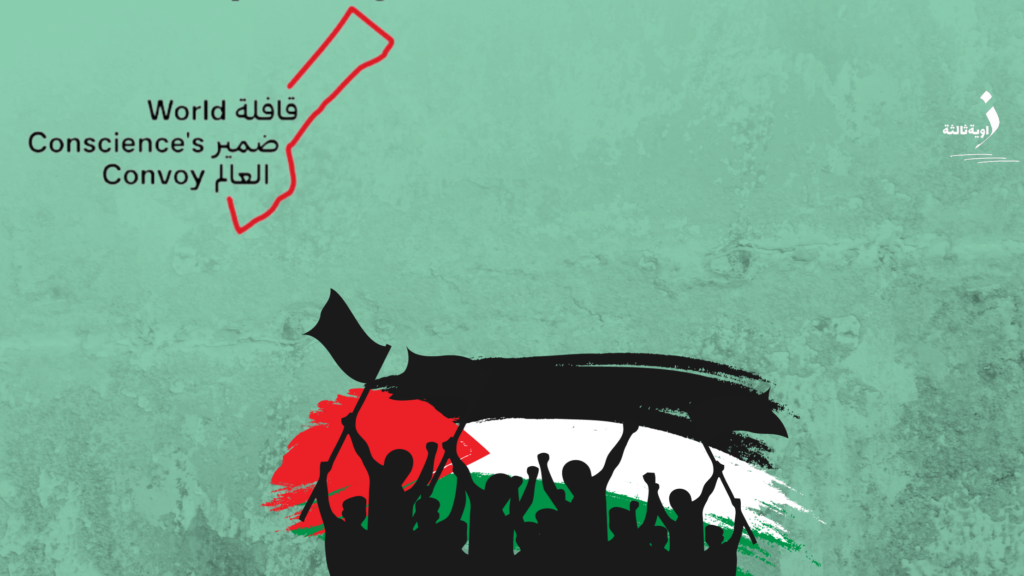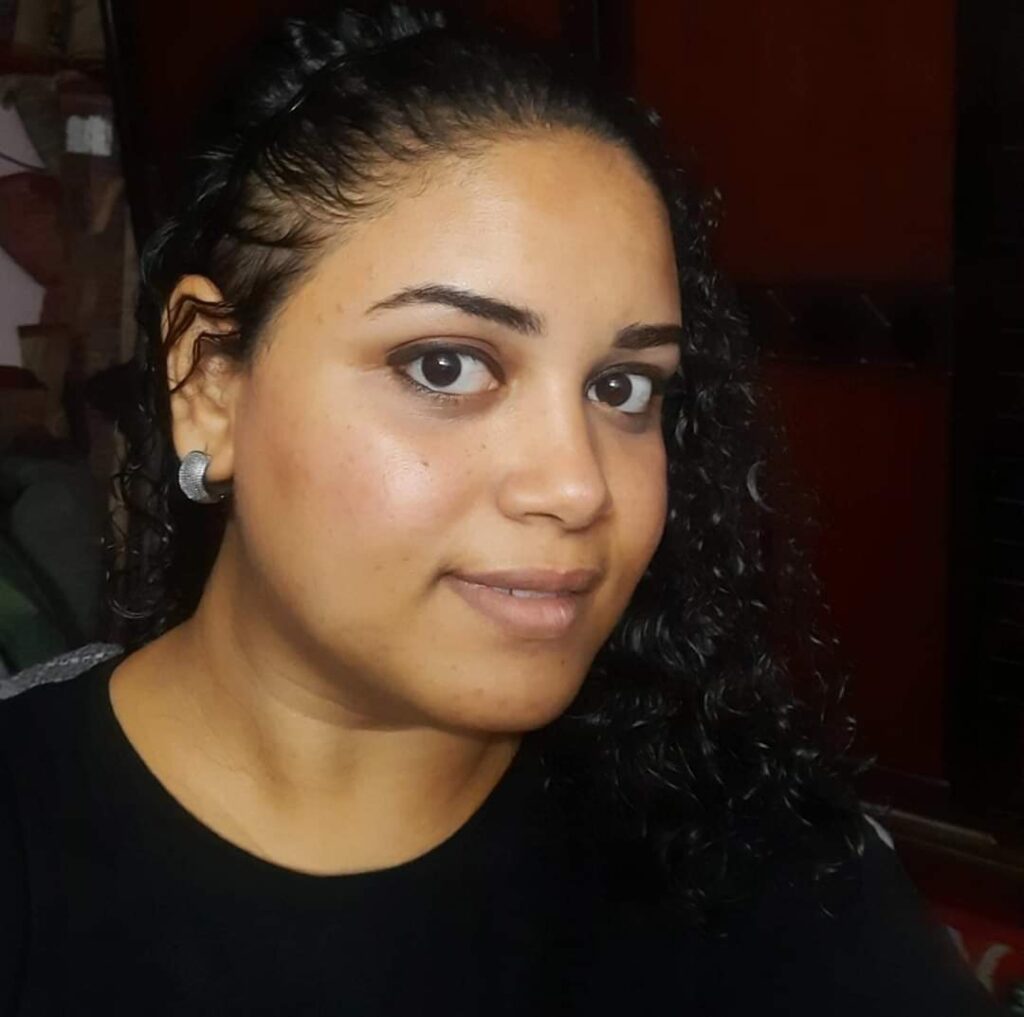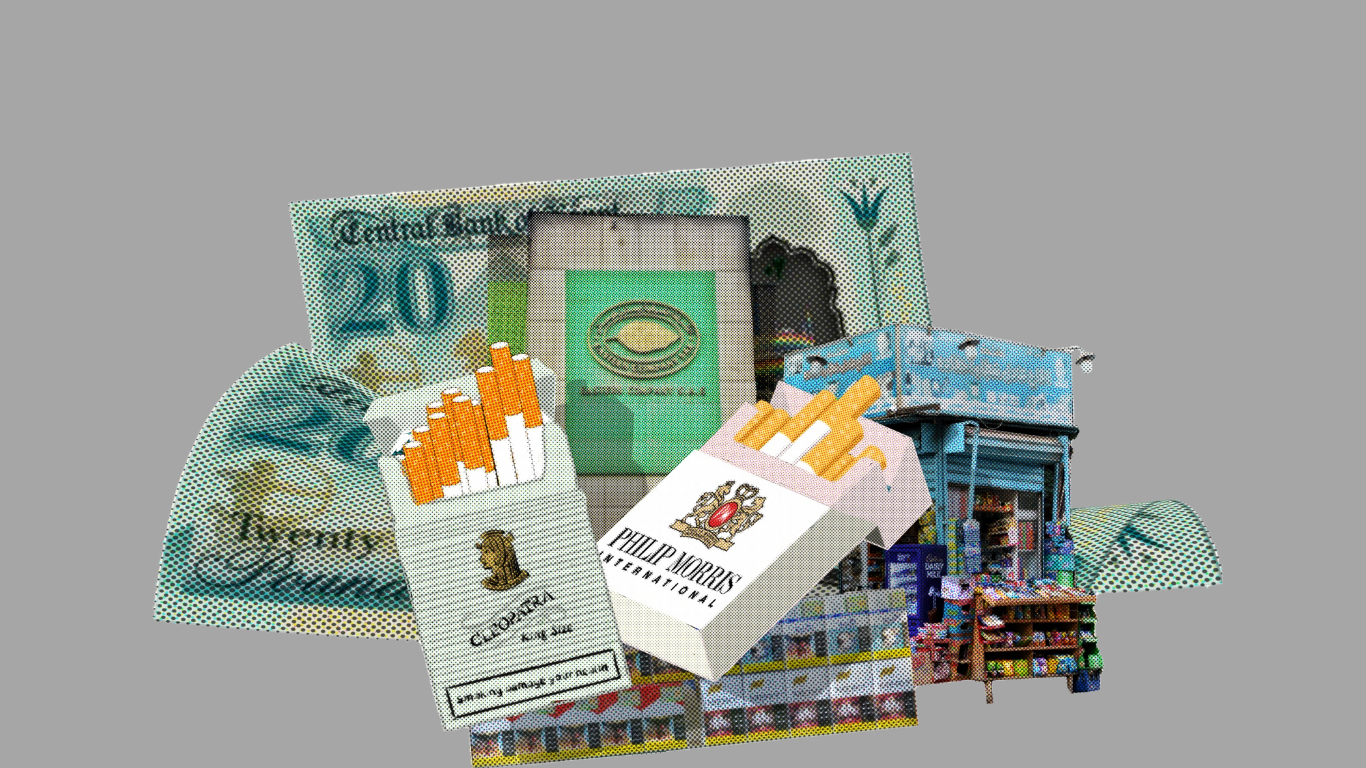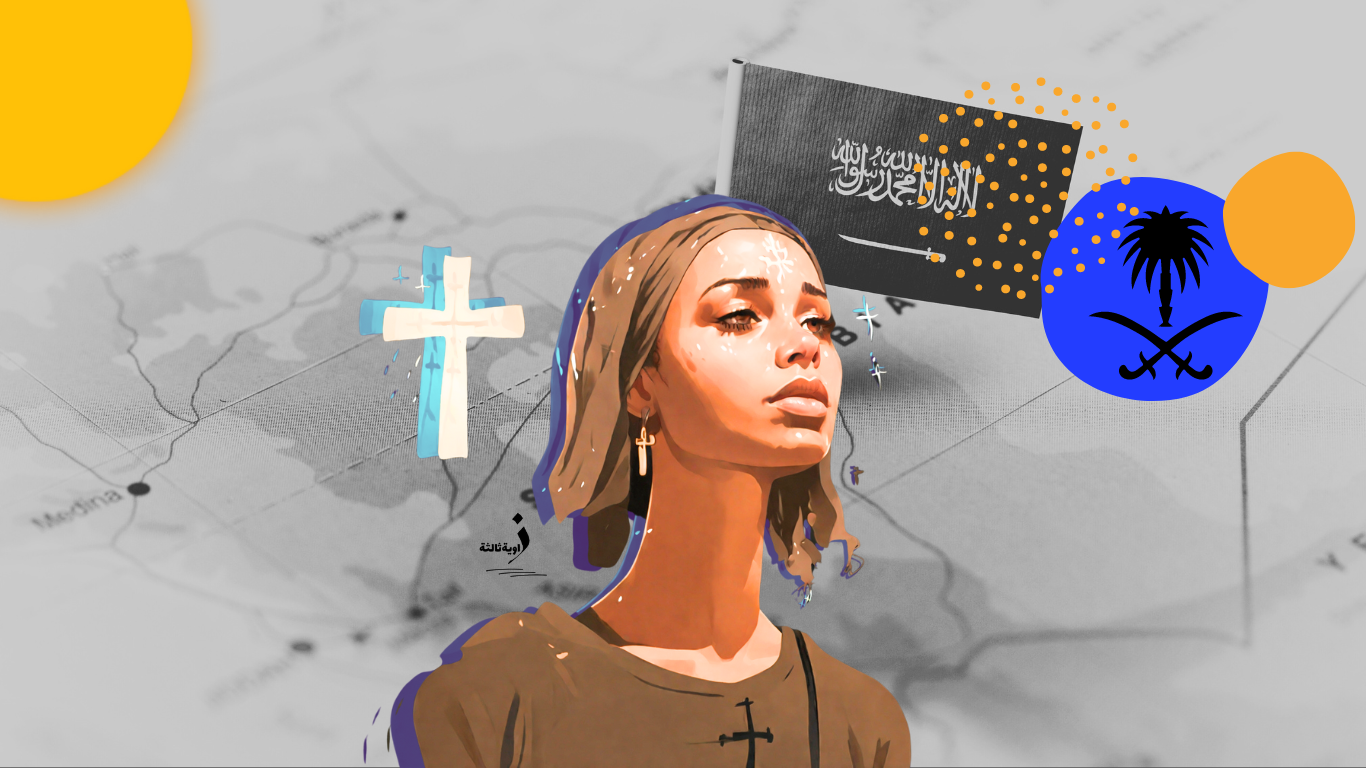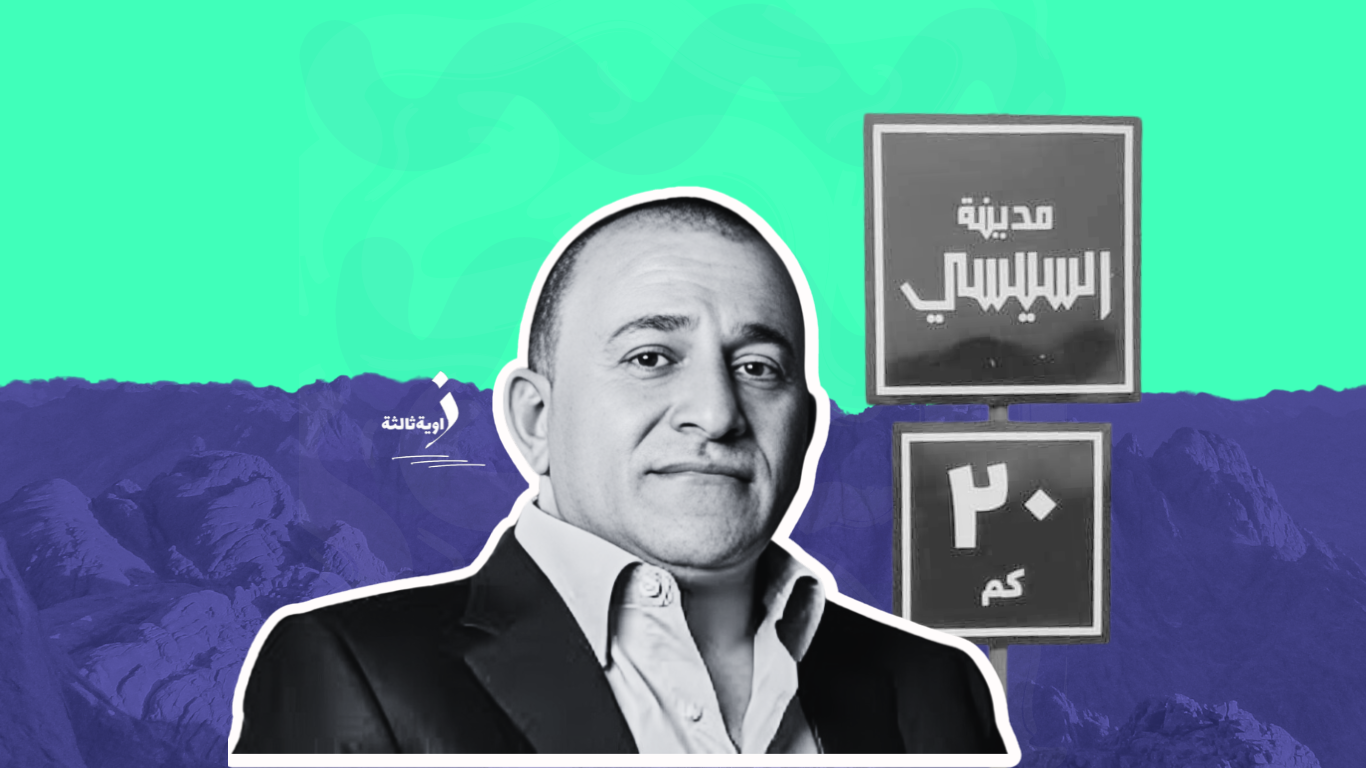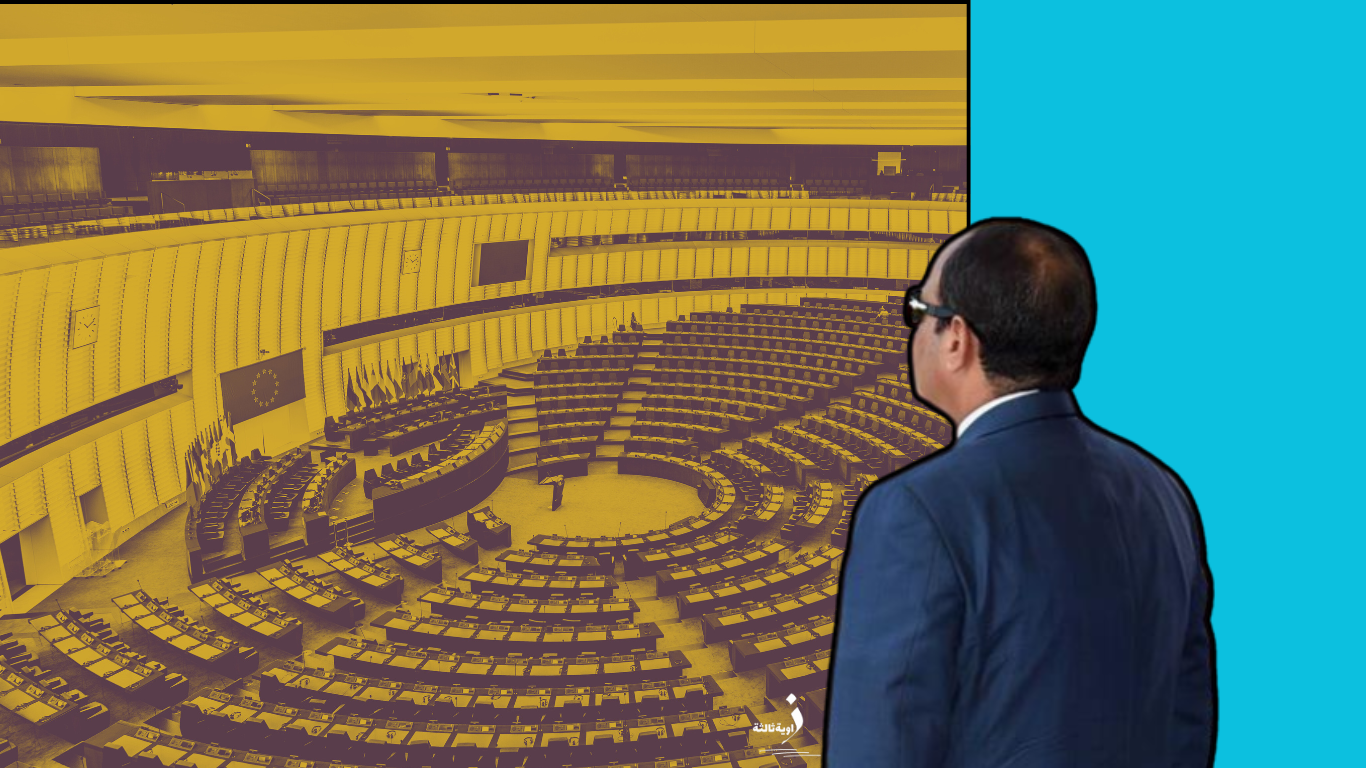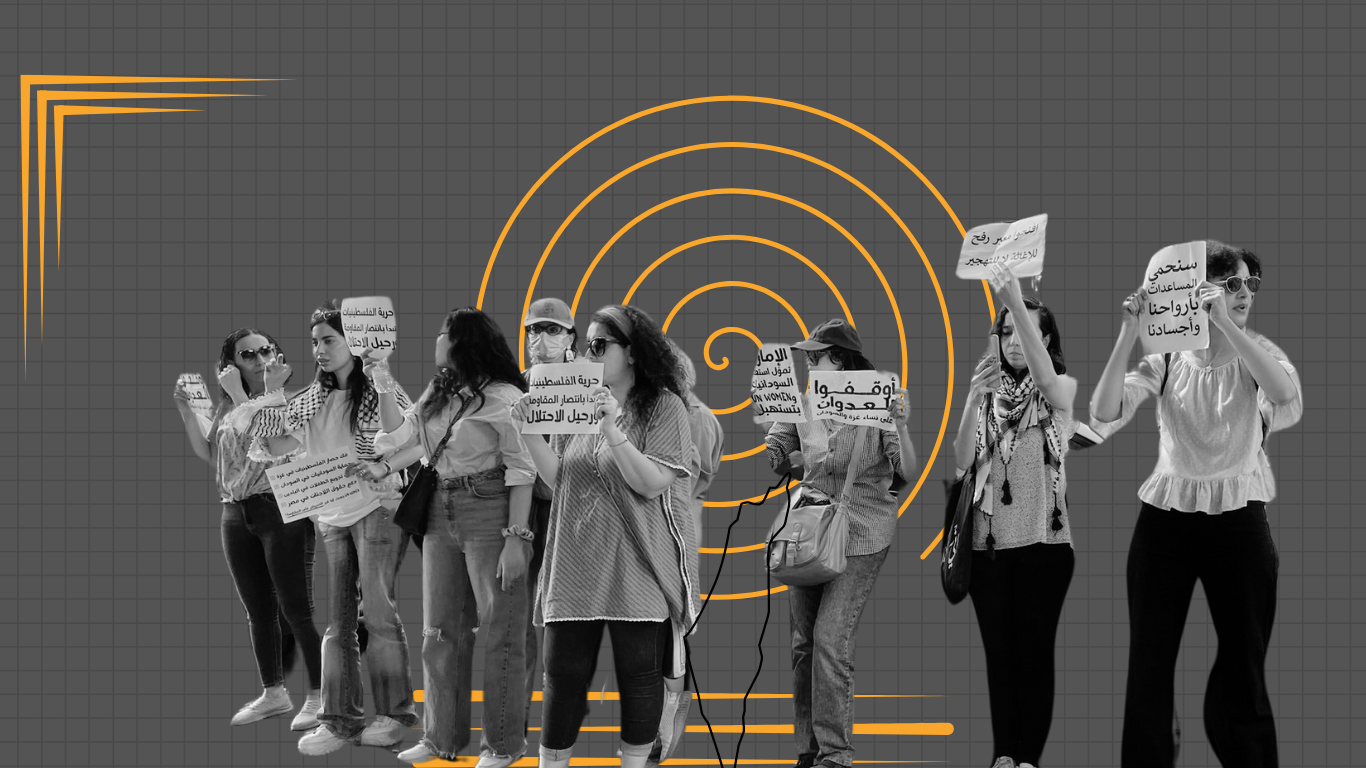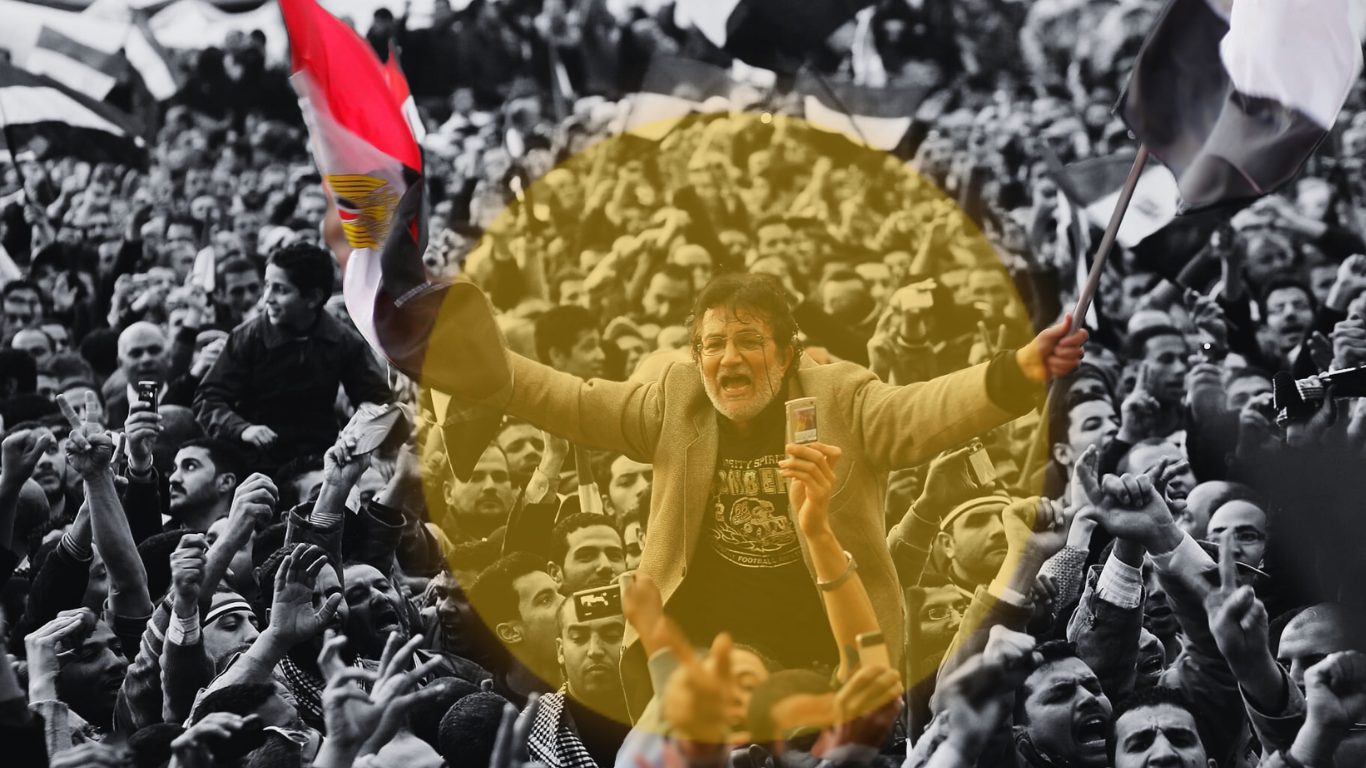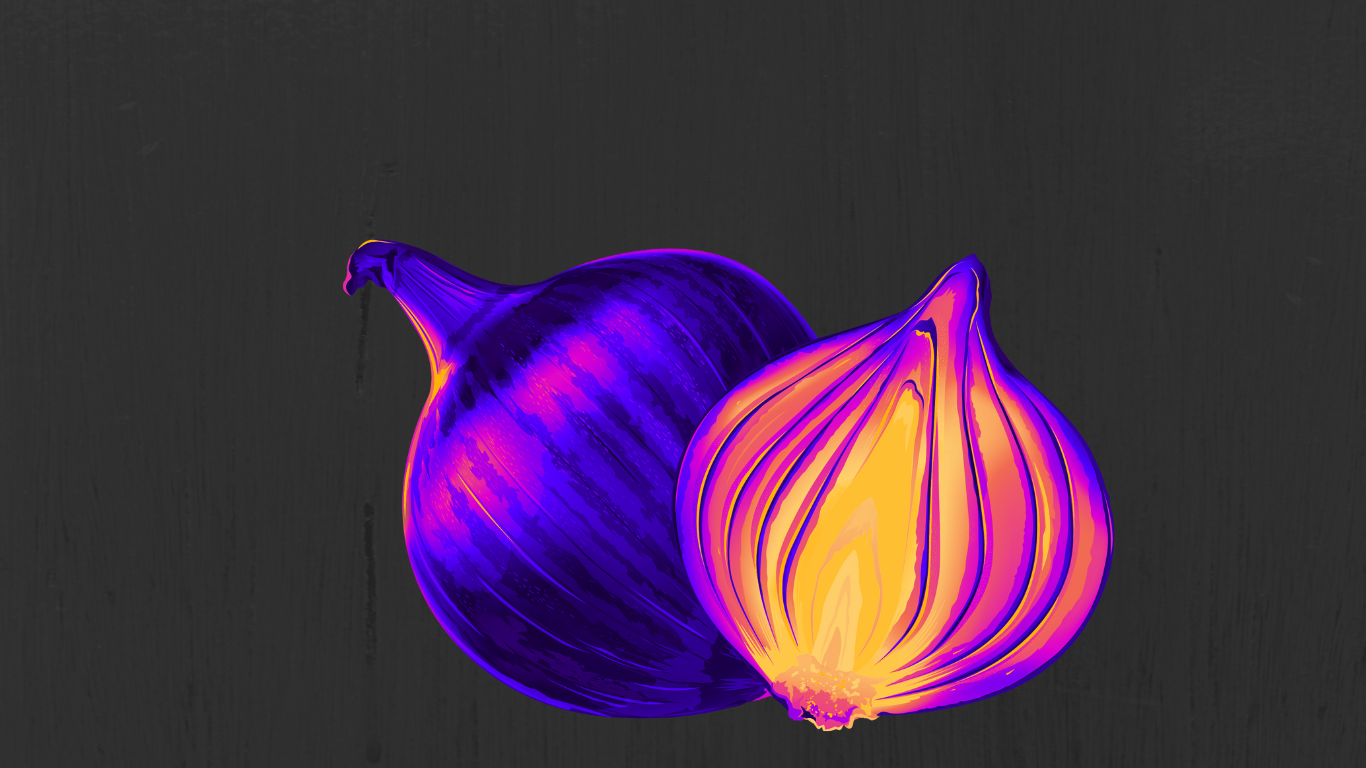On the 7th of November, the president of the Egyptian Journalists Syndicate,Khaled Elbalshy, urgently appealed to all “free people of the world,” as he described them, to contribute to organizing a convoy that would break the blockade imposed by Israeli forces on the Gaza Strip due to the ongoing war since October 7th. According to the latest statistics released by the Palestinian Ministry of Health, the conflict has led to the death of 12,415 Palestinians in the Gaza Strip and the West Bank until yesterday.
El-Balshy’s call came during his speech at the press conference of the Committee for Documenting Occupation Crimes on November 7th, held at the headquarters of the Journalists Syndicate in the capital, Cairo. He added, “We call on all free and honorable people in the world who have been affected by the brutal blockade imposed on the isolated Palestinians and have witnessed the sight of children’s limbs in Gaza, torn apart by Israeli weaponry, to move as soon as possible from their locations and gather in Rafah in the convoy Conscience of the World. Let us send a unified message demanding the cessation of the war and striving, with our bodies united, to break the deadly blockade imposed by the occupation authority and its monstrous war machine, which aims to annihilate the Palestinians and displace them by preventing relief materials from reaching them in one of the greatest war crimes of the current century.”
Confusion Due to Lack of Information
The appeal that emerged from the walls of the Journalists Syndicate in Cairo received a warm and significant response from activists, politicians, and human rights advocates in Egypt and several Arab and Western countries. Political parties and civil society organizations inside and outside Egypt began mobilizing to participate in the convoy to stop the bloodshed and genocide experienced by Palestinians in the Gaza Strip and to provide humanitarian aid.
Days after the president of the Egyptian Journalists Syndicate launched the “humanitarian appeal,” the Relief Committee of the Journalists Syndicate introduced an online form, published on various social media platforms and translated into three languages, to receive applications to join the convoy from around the world. They tentatively set the date for the convoy’s departure between November 17-24, without providing additional details. This raised confusion among many who wished to join the convoy, especially those outside Egypt.
According to international human rights activists who spoke to Zawia3, such as the Brazilian Thiago Avela and the Austrian Daniela Villa, there are questions about the timing of the convoy and whether the Egyptian authorities are genuinely willing to organize it. Thiago, an international human rights and environmental activist, said, “I support the Palestinian cause, and many from Latin America came to Egypt to participate in the convoy according to the invitation. However, I had to leave yesterday due to the lack of clarity about it specifically. I left, but I will continue to advocate for Gaza and document its situation.” Meanwhile, Daniela, a human rights activist and founder of the Palaestina ٍSolidaritaet in Vienna, Austria, questioned whether there is a security obstacle, stating, “Perhaps, if the situation continues like this, we will organize protests in the capital, Vienna, in front of the Egyptian embassy as a form of pressure to organize the convoy. We need to act immediately. I have booked flight tickets to Cairo, but the date for the convoy has not been determined yet. What should I do?”
Moreover, many activists and supporters worldwide responded to the call from the president of the journalists’ syndicate. Twenty-three Tunisian parties and influencers launched a Facebook page titled “Tunisian Coordination to Support the Conscience of the World Convoy,” inviting participation in the convoy. They described it as a human shield gathering from around the world at the Egyptian Rafah crossing to break the siege on Gaza. Notable participants in the coordination include the General Tunisian Labor Union, the Tunisian League for Human Rights, the Tunisian Association of Democratic Women, the Young Lawyers Association, the Coordination for Joint Action for Palestine in Tunisia, the Workers’ Party, and Resist for a Socialist Alternative.
Security Clearances Hinder Progress
A few days before the proposed timeframe announced by the convoy organizers, participants who registered through the online form received an email informing them of the postponement of the final launch date due to “security coordination.” The message stated, “Numerous individuals, institutions, public figures, parliamentarians, and professionals have requested to join the Conscience of the World Convoy, most of them explicitly seeking security guarantees. This process was already underway, prompting us to set a date. However, the coordination process and the necessary security clearances to reach the Rafah crossing are currently facing obstacles, and the convoy is under significant pressure.” Foreign individuals interested in and registered for participation were urged not to book travel tickets to Cairo until the required security clearances for the convoy’s launch are obtained. The organizers also encouraged registered participants to continue sharing and documenting information about the convoy and the Palestinian cause in general.
In response to the organizers’ request to continue documenting to exert pressure on Egyptian political entities to allow the convoy’s launch, journalists, politicians, and activists in various countries, including Egypt, have been tweeting under the hashtag “No to Hindering the Conscience of the World Convoy.” The “Boycott Israel-Lebanon” campaign expressed solidarity with the documentation campaign, calling for the opening of the Rafah crossing and the facilitation of the convoy.
Reactions
In a phone call with the president of the journalists’ syndicate, Khaled Elbalshy, to ascertain the reasons for the delay in the launch of the convoy and the nature of the security obstacles it faces, as well as the truth about the syndicate’s coordination with the Egyptian civil movement, which includes several opposition parties, he said: “The official statements issued by the syndicate represent its stance, and I have no additional comments at the moment.” On the other hand, a source close to opposition circles, who preferred not to disclose his name to avoid persecution, mentioned that the convoy is facing significant security pressures to prevent it, especially since over 140 civil society organizations from around the world expressed their readiness to participate. Additionally, about 40 European parliamentarians, including members of the French Parliament, have also registered to participate. Writers, artists, and activists from approximately 50 countries have also registered to join, with activists and human rights advocates already arriving in Egypt to participate in the convoy.
Speaking to Zawia3, the source added that there are efforts by the democratic civil movement, consisting of around 12 political parties, in coordination with the Popular Committee for Supporting the Palestinian People, to launch the convoy on Friday, November 24, without any further delays. However, negotiations are still ongoing, and the outcome remains uncertain.
According to our information, the current consultations between the civil movement and the Popular Committee for Supporting the Palestinian People aim to provide political cover for the convoy, enabling widespread political movements to open the Rafah crossing and break the siege. Akram Ismail, a leader of the Freedom and Justice Party and a member of the Civil Democratic Movement, emphasized, “The Egyptian political movement must respond to this invitation and do everything in its power to activate it. Therefore, an initial date of Friday was proposed, hoping for success in the security negotiations after the announcement.” He pointed out that the Egyptian political movement must support the convoy and declare its position clearly, even in the face of security setbacks. Otherwise, “we will be greatly neglecting the rights of the Palestinian people. If it is prevented for security reasons, we will announce that clearly.”
The same sentiment was echoed by the official spokesperson for the civil movement, Khaled Dawood, who stated that the movement, in coordination with the Popular Committee for Supporting the Palestinian People, is working to launch the convoy. He added that most parties within the civil movement will participate in the convoy, either with their members or by contributing collected aid to be sent to the besieged sector.
Earlier, the Popular Committee for Solidarity with the Palestinian People in Egypt announced its arrangements to launch the convoy without specifying the date. In a statement, it expressed its participation in solidarity with the Palestinian people, endorsing the call made by the Egyptian Journalists Syndicate for people around the world to join the Conscience of the World Convoy. Six political entities from six Arab countries (Bahraini Association for Resisting Normalization with the Zionist Enemy, Boycott Supporters of Israel in Lebanon, Jordanian National Campaign to Reject the Gas Agreement with the Zionist Entity, We Can Mauritania Movement, Kuwait Boycott, Tunisian Campaign for Boycott and Opposition to Normalization with the Zionist Entity) issued a joint statement urging relevant Egyptian authorities not to hinder the convoy. The signatories emphasized that if the Egyptian government obstructs the convoy, it will be perceived as Cairo’s participation in the Gaza blockade.
In the same context, according to the information we have received, the Boycott, Divestment, and Sanctions (BDS) movement is preparing to release a statement with signatures from political entities under the title “No to Hindering the Conscience of the World Convoy.” The statement calls on the Egyptian government to facilitate the issuance of necessary security clearances for the convoy and allow it to reach the Rafah crossing to break the siege imposed on the Gaza Strip. According to campaign officials, if the Egyptian government responds positively, the convoy will be international, with the participation of solidarity activists from around the world, including European political leaders and officials.
This marks the first time that security obstacles and government rejection for humanitarian convoys heading to Rafah are discussed. In previous uprisings and until 2013, the Egyptian government granted such approvals easily during times of upheaval. Will the Egyptian authorities agree to facilitate the international convoy on schedule?

